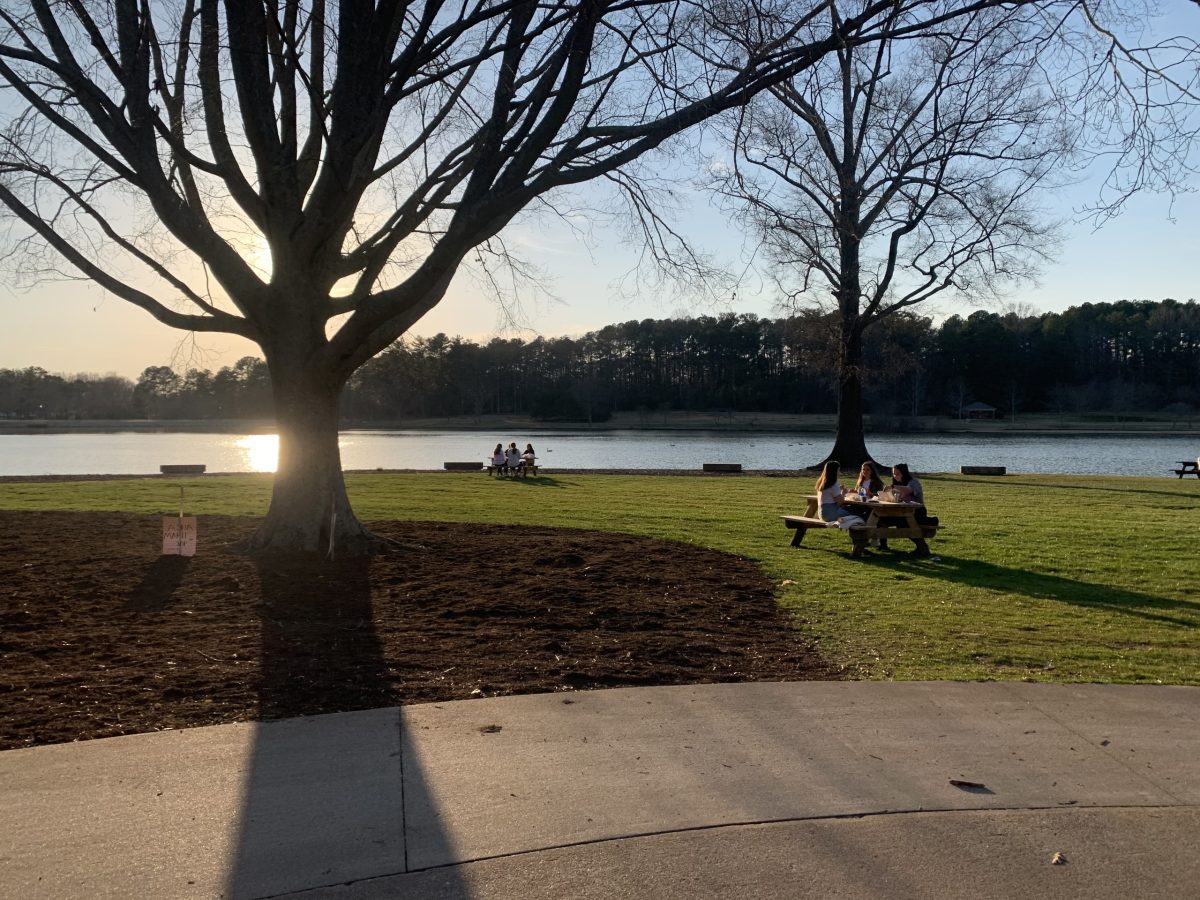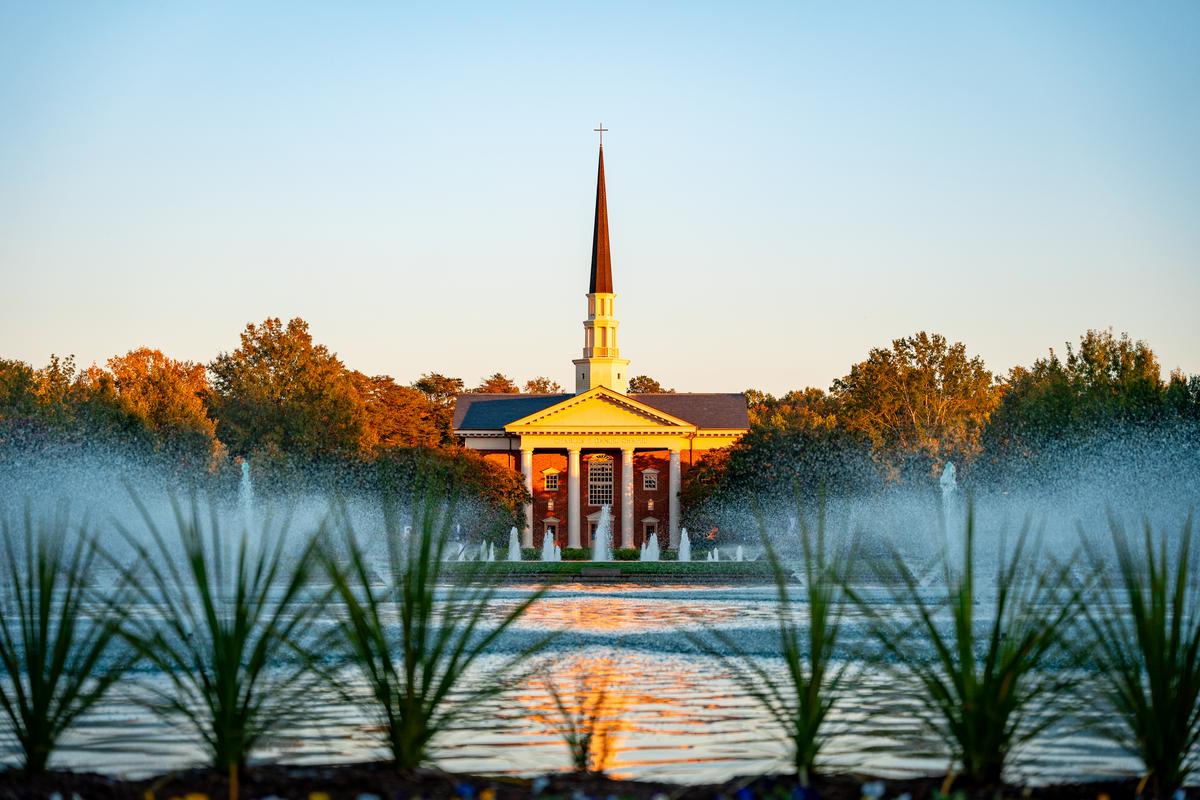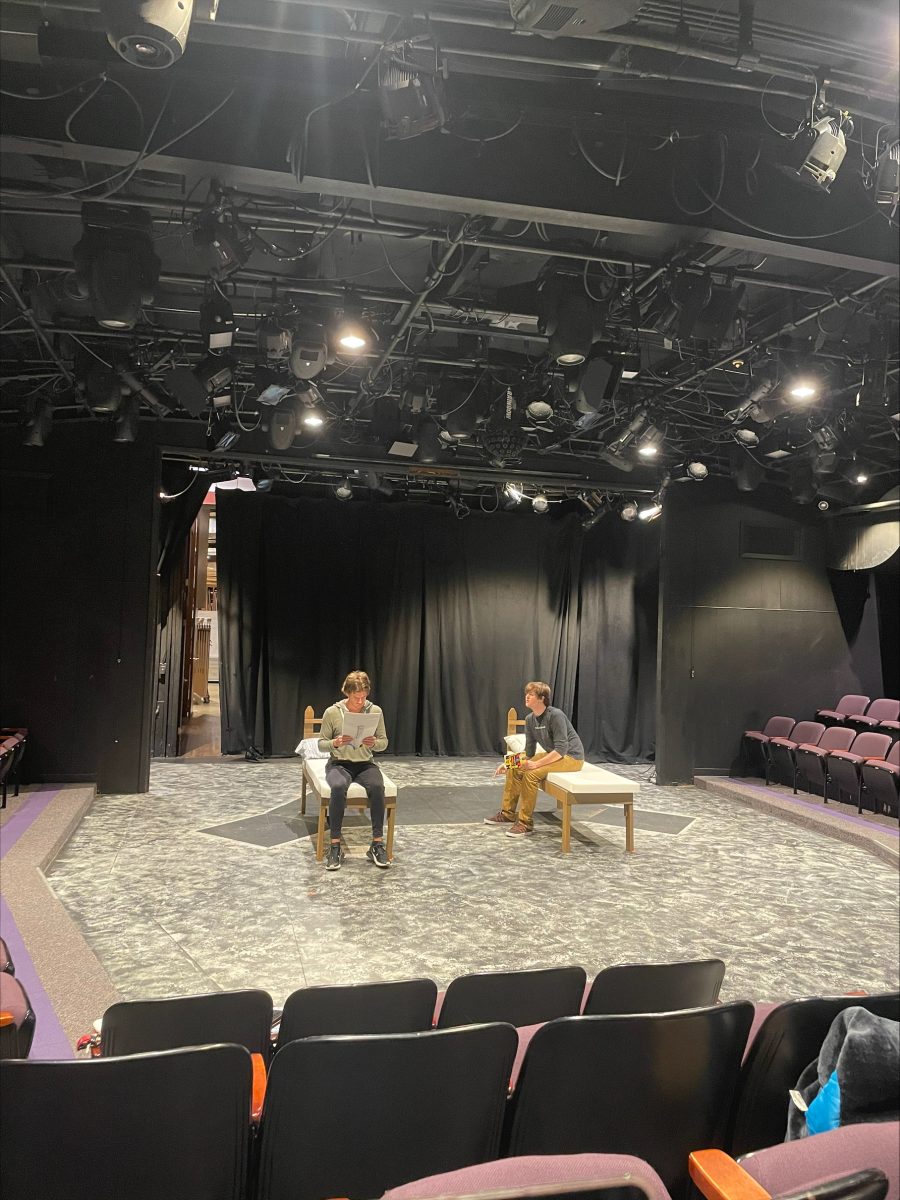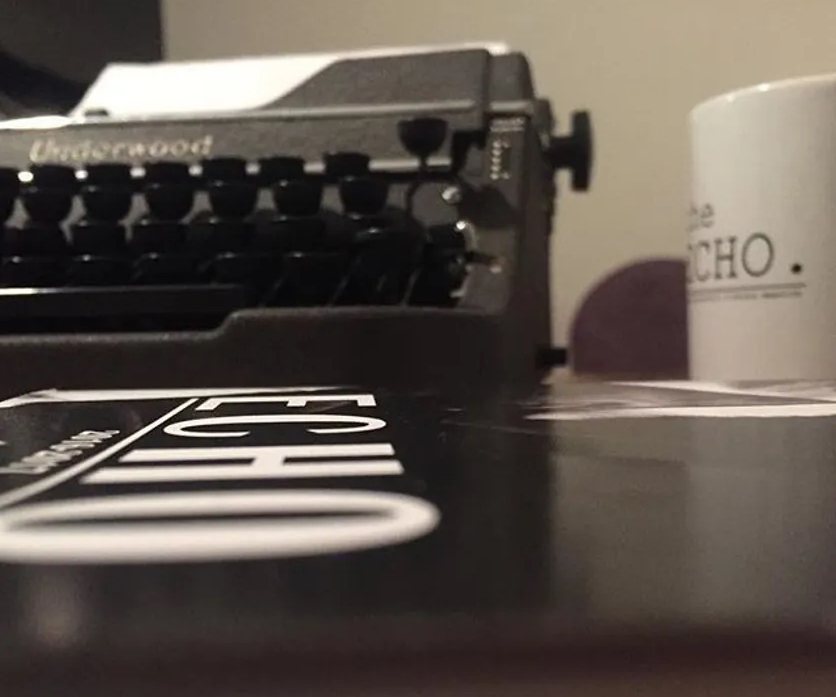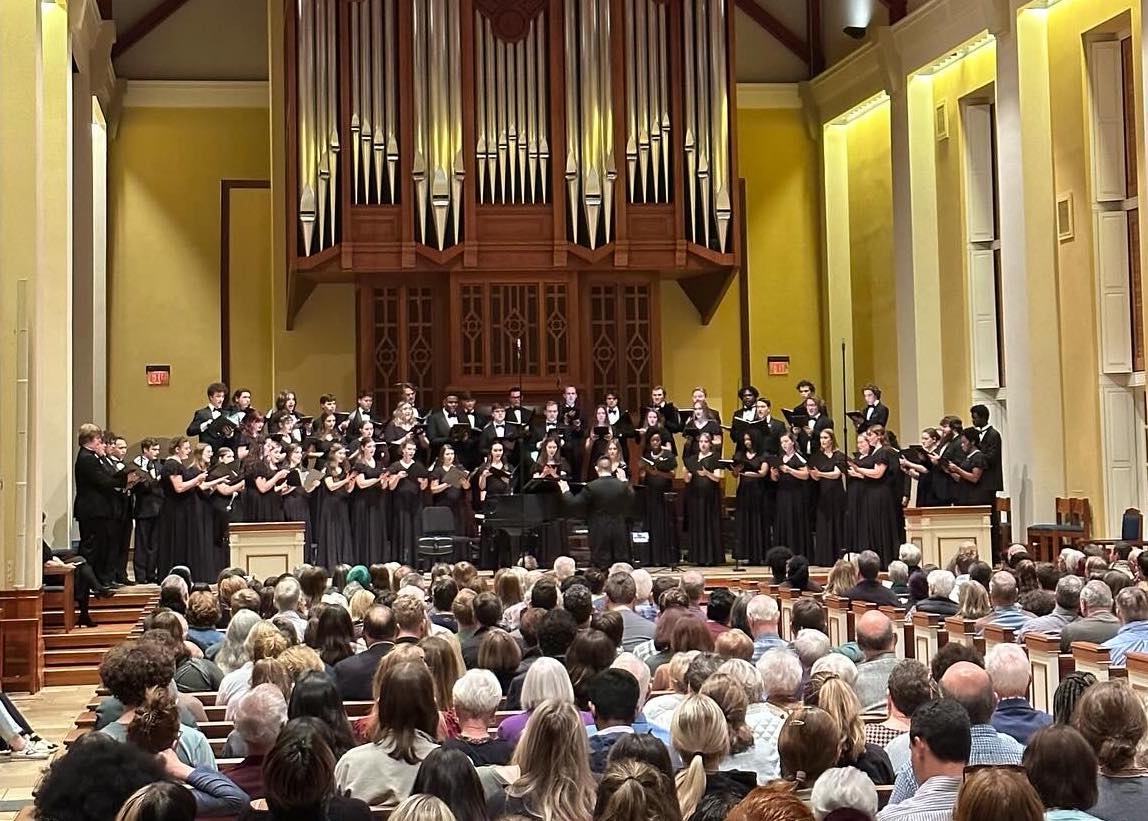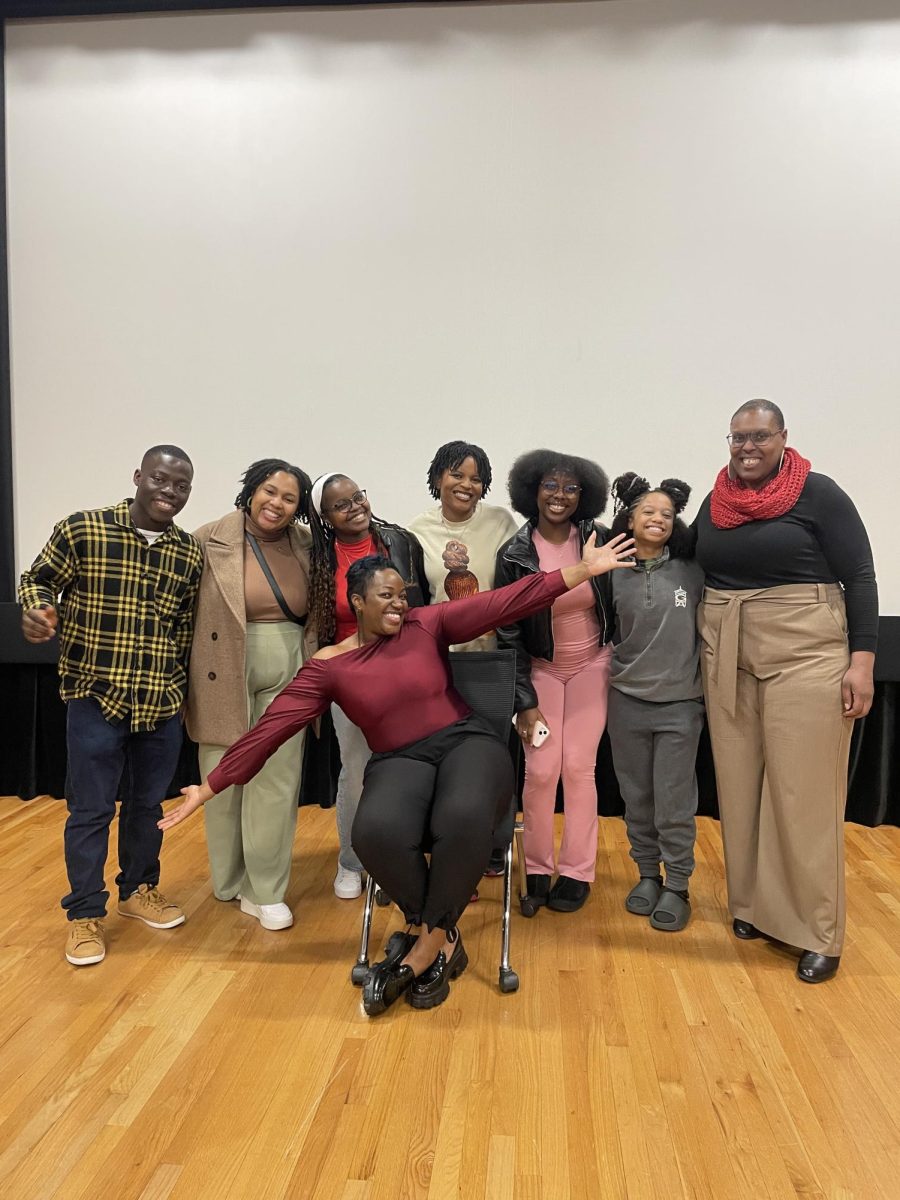In Jan. 2020, an exciting new research center was created here at Furman. As the initiative nears the end of its first academic year in operation, now seems like an appropriate time to reflect on the program and its impacts on Furman thus far. The Furman Humanities Center was created after several years of pursuit and interest from faculty, finally spurring into existence using the ever-ambiguous Furman Advantage. The center was intended to be a place where students and professors could come together and engage in humanities-focused research as well as research in the sciences and social sciences that incorporated humanities’ research methods or approaches. Reflecting on the past year, that is exactly what the center has accomplished.
The center’s “Humanities” label encompasses a broad range of subjects, with the center’s list of humanities majors including: Anthropology; Asian Studies; Classics; English; History; Modern Languages and Literatures; Philosophy; Religion; and Women’s, Gender, and Sexuality Studies. However, the center is in no way an exclusive initiative. Headed by Dr. Michele Speitz, a primary goal of the center is to provide support for students who wish to pursue projects in various areas. “It is, at its core, a research center,” says Speitz, “which is meant to foster and foment student research inside and outside of the classroom, and not just for Humanities majors.”
In enacting its mission, the Humanities Center provides numerous opportunities and resources for students embarking on academic and creative projects. This can range from introducing students to new research questions through sponsored CLP events, connecting them with faculty mentors, or finding funds for their research in the form of grants and fellowships. One unique feature of the center is its student board, which decides on the allocation of funds for student projects and thus gives students a unique voice in the research that the center will be conducting and developing.
Students looking to pursue a particular project may now do so through the newly established Humanities Lab. This four-credit course entails a mix of weekly meetings, independent work, and collaboration between students and instructors all dedicated to the individual student projects. Speitz stated that “A prime goal of the Humanities Lab would be that it opens doors for any and all students to develop independent or collaborative projects that are meaningful to them — all within in a structured, resource-rich environment so they have the community and guidance necessary to bring their passion projects to fruition.” She added that the lab provides a valuable opportunity for students to create work for graduate school applications and future employment opportunities.
Though the lab is currently operating virtually while a physical location on campus is in development, several students are currently enrolled in the course and pursuing enticing research and creative work tailored to their own individual interests. For example, Blake Dickerson (’22) is using the lab to research how the work of William Faulkner reflected the southern legal systems of his time, focusing on the relationship between race and law. Sally Cannon (’21) is undertaking a creative writing project inspired by the Dungeons and Dragons gaming universe, and Marra Edwards (’22) is using the lab as a means for advocacy, researching mass incarceration in the United States in the hopes fostering change at the government level. Speitz stated that the Humanities Lab seeks to equip students with “targeted, transferable project management and project development skills” while connecting them with faculty mentors who can provide valuable guidance to their work.
One of Speitz’s main goals for the center was inclusivity — she sought to connect with various disciplines, not simply the humanities. This objective has been realized with Amplify@Furman, a program supported by the Furman Humanities Center, the Furman Music Department and the Council on Equity and Inclusion in Music. Omar Carmenates, chair for the council, called Amplify@Furman a “pipe dream [that] became a reality” in 2020 thanks to the efforts these organizations. According to Carmenates, Amplify@Furman “highlight[s] the wide range of creativity in music while also giving Furman students a chance to interact with first-rate artists who are also advocates for social justice and equality.”
This semester, Amplify@Furman has created a series of CLP events each featuring a different musician whose work aims to foster more diversity and equity within the music community. Projects like this one speak to the influential and far-reaching work the center engages in, facilitating discussion beyond Furman and in all areas of study.
At its most basic foundation, the Furman Humanities Center hopes to create a place for students to pursue questions that are important to them, whether those issues find homes in politics, literature, culture or social justice. Speitz’s main goal for the center is for it to become “an intellectual home” for students and professors even if they do not see themselves as “humanist scholars,” bringing people together through academics and scholarship. Making theses “meaningful connections in the world,” Speitz states, “is often the first step in making meaningful contributions to our world.”



































